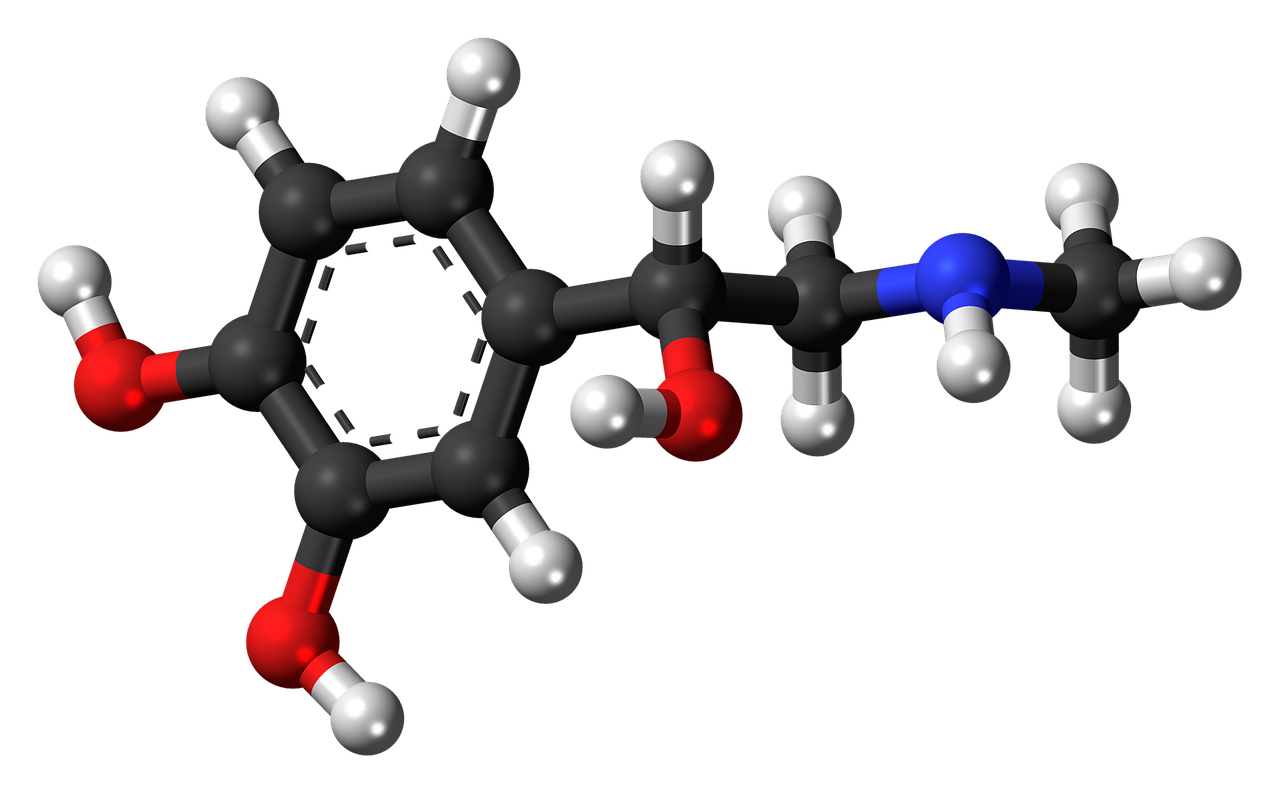ENDOCRINOLOGY: WHAT DOES HORMONES SAY ABOUT YOU?
How is our sleep regulated? Why is there a biological clock in our body? Why do we have mood swings? How is our metabolism maintained? The reason behind all these activities is endocrinology. Endocrinology is the branch of biology and medicine that focuses on the endocrine system. The study of endocrinology can be traced back to China over 2000 years ago.
The endocrine system is a chemical messenger system that consists of hormones which are secreted by group of endocrine glands .basically endocrinology of a human body is mainly about regulating the body temperature, growth rate and sex hormone. To maintain the homeostasis of the body hormones are regulated throughout the body. So this particular substance that is released by the glands known as “hormone” is a member of a class of signalling molecules that target specific organs to regulate. The term “hormone” is a member is only about a century old. In the late 19th century and early 20th century days were once an important part of endocrine research. In 1902, since dogs were the test subjects for the landmark study that led to the coining of the “hormone”.
How do endocrine glands work?
Every cell has its own receptor i.e. a nerve ending that causes the body to react in a particular way when receptors on the cell membranes of an endocrine gland are activated by a particular hormone; a cascade of chemical induced events is kick-started within the cell. Hormones and receptors are very specific to each other and only get activated to their own receptor. If the incorrect hormone tries to fit into a receptor, no reaction will occur.
Endocrine glands and their hormones:
- Pituitary gland- master of all the glands is the pituitary gland. It is so because of its numerous functions related to metabolism and maintenance of homeostasis. There are two lobes of the pituitary: the anterior and posterior.
The anterior lobe produces hormones such as:
- Prolactin
- Growth hormone
- Follicle stimulating hormone
- Luteinizing hormone
- Thyroid stimulating hormone
- Adrenocorticotropic hormone
The posterior lobe produces hormones such as:
- Antidiuretic hormone
- Oxytocin
- Vasopressin
- Hypothalamus
- Thyroid
- Parathyroid
- Adrenals
- Pineal body
- The ovaries
- The testes

What happens when there is a hormone imbalance?
A hormone imbalance may occur if this output system has problem keeping the right amount of hormones in the bloodstream. Increased or decrease levels of endocrine hormones affect the body causing diseases such as thyroid problems, adrenal insufficiency, diabetes (has become common these days), PCOS (polycystic ovary syndrome) and many more. Women with PCOS may show alterations of follicle stimulating hormone, luteinizing hormone, androgens affect the oestrogen levels.
Osteoporosis is a common disease which falls under the category of endocrinology because of its underlying causes. Postmenopausal women sometimes develop the disease because of their low levels of oestrogen. Menopause symptoms can be relieved by Hormone Replacement Therapy (HRT).
HRT is an effective way to relieve symptoms of perimenopause and menopause. It can reduce the risk of osteoporosis. It may help keep skin young, but it cannot reverse or delay the overall effects of aging.
How does our biological clock inside the body work?
Sleep-wake and other daily patterns are part of our circadian rhythms,(circum means “around” and dies, “day”) which are worked up by the body’s internal or biological clock within the brain. It is located in the hypothalamus region of the brain.
Mood swings?
Mood swings are most common and most severe PMS symptoms. A change in the hormones can lead to both physical and emotional symptoms. A neurotransmitter helps regulate your mood.

So there are many ways endocrine glands play a major role in our body system like how we react to flight or fight reaction or stress or sleep and in emergencies also. Many aspects of health depends on the horomonal changes that affect the body. The better the hormones the better the health.
References:
https://www.endocrineweb.com/endocrinology/about-endocrine-system
https://www.mayoclinic.org/diseases-conditions/pcos/symptoms-causes/syc-20353439
https://www.mayoclinic.org/diseases-conditions/pcos/symptoms-causes/syc-20353439
https://www.quantamagazine.org/nobel-prize-awarded-for-biological-clock-discoveries-20171002/
https://medlineplus.gov/endocrinediseases.html






GIPHY App Key not set. Please check settings